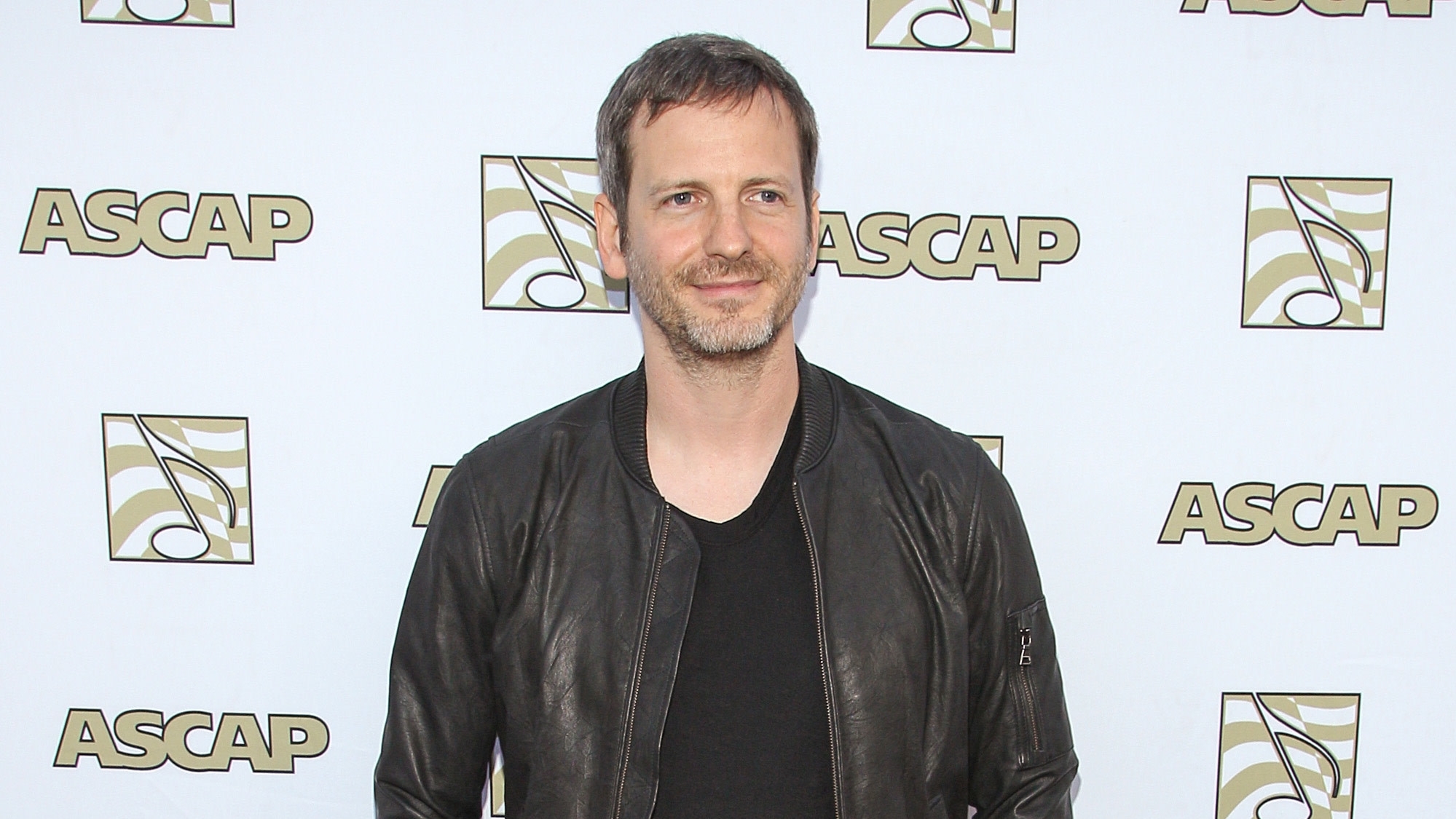Kesha loses appeal in defamation suit because famous producer Dr. Luke is not a "public figure"
Music Features Dr. Luke
Kesha’s legal fight with producer Lukasz “Dr. Luke” Gottwald has been going on for years, starting with her lawsuit and accusations in 2014 that he had physically and verbally abused her. He countersued, saying she was lying to get out of a record contract, and the two have basically gone back and forth like that since then—with one notable event being when a judge ruled in 2020 that a text Kesha had sent to Lady Gaga in which she accused Gottwald of rape was defamation. Kesha and her legal team appealed, but now that appeal has been denied by a panel of five judges on New York’s Court Of Appeals on the grounds that Gottwald is not a “public figure” and is therefore subject to a different standard for libel. (Basically, if Gottwald were considered a public figure in this case, Kesha would have to know for a fact that the rape accusation was false for her appeal to be denied, but that’s not the case for a non-public figure.)
The Hollywood Reporter had a very pointed reaction to this, noting that Gottwald “is one of the most successful song producers of the early 21st century,” has “worked on hits for Katy Perry, Avril Lavigne, Britney Spears, Kelly Clarkson, Miley Cyrus and many, many others,” and “owns a big publishing company.” Justice Saliann Scarpulla also pointed out in a dissent that Gottwald was once an American Idol judge, gives interviews, and has hundreds of thousands of followers on Twitter. Scarpulla says that Gottwald might not be a “household name” to the average person, but “he is a household name to those that matter”—i.e., people who are in or who follow the music industry.
The argument from the majority side in the ruling is that Gottwald hasn’t actively “attracted media attention for his relationship with his clients or his treatment of artists in the entertainment industry,” but “for his work as a music producer on behalf of, and the fame of, the artists he represents.” In other words, he’s not famous because of how he treats his clients, but because of the simple fact that he works with them at all, so even though he’s a music producer for public figures, that doesn’t mean that he is a public figure himself. It’s a little twisty, and Scarpulla suggests that it’s a narrow definition of what constitutes a public figure, but this is where it stands now.